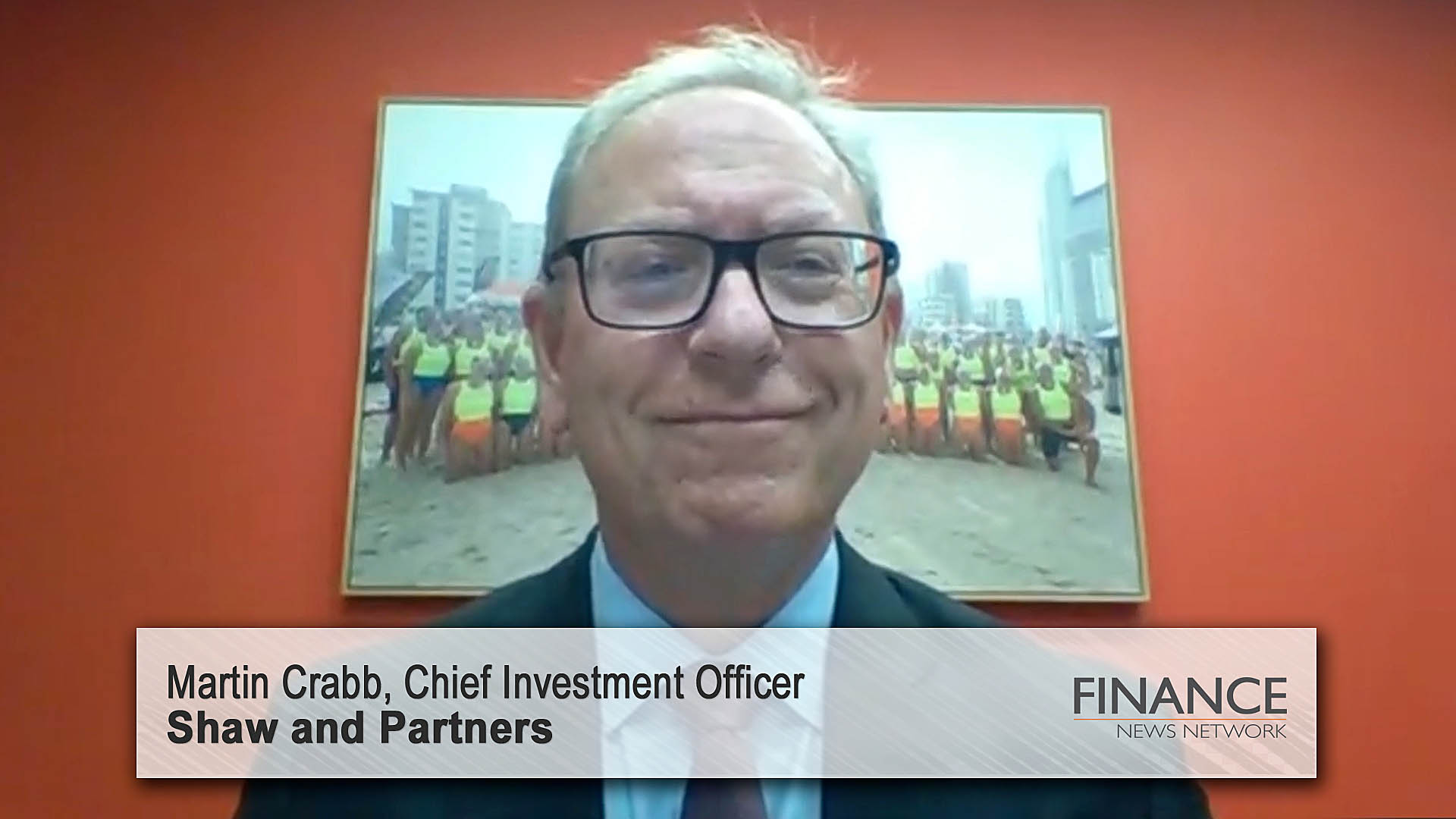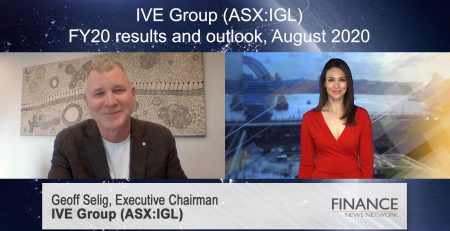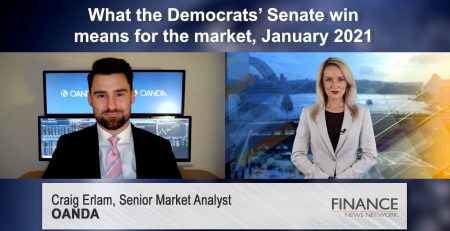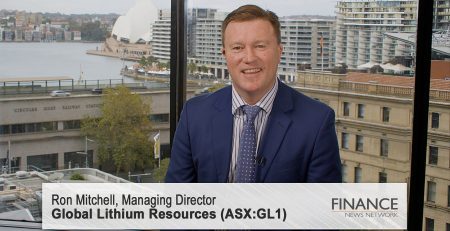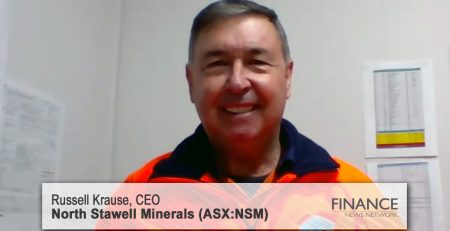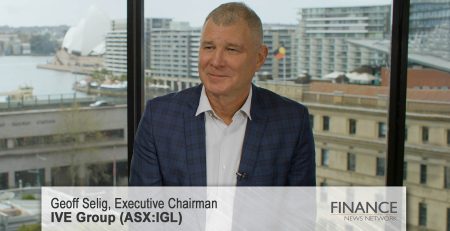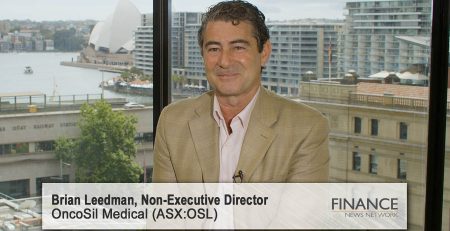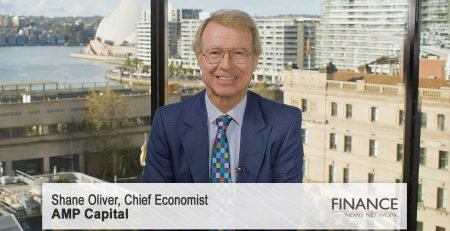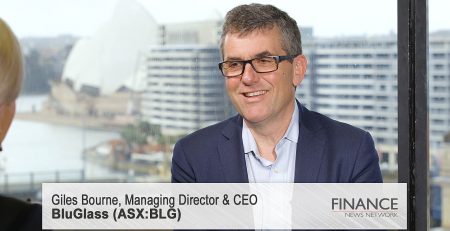Market update with Shaw and Partners, June 2022
Shaw and Partners Chief Investment Officer Martin Crabb discusses market outlook and which sectors and stocks do well in a downturn.
Martin Crabb: I suppose, just starting with the global macro situation, my role here as Chief Investment Officer at Shaw and Partners is, I suppose, to try and set the sales for our advisers and clients in terms of what sort of portfolio positioning they should be taking on, what the sort of risks are that they should be thinking about in terms of their portfolios, and where the opportunities might lie. So, at a very, very high level, we need to think, firstly, about playing offensively or defensively, or are we sort of leaning into markets, or are we leaning away from them?
So, the things we look at here are global growth. There's a number of different ways to look at that. There's things like the purchasing managers indexes, or indices, such as the one that came out of China today that showed the Chinese economy is starting to re-accelerate after months and months of slowing down. So, that's one interesting read on growth. There's obviously things like analysts' earnings estimates, and that's quite interesting at the moment because the economic data that's coming through shows that, you know, consumption spending in Australia and some other countries is holding up quite well, but we know that companies are getting very, very nervous about the outlook going forward, so what analysts are seeing from companies in terms of earnings estimates. And thirdly, really, is leading indicators. There's a couple of groups globally that put together statistics that are designed to try and interpret where they think the economy's going, whether it's speeding up or slowing down. So, the Conference Board in the United States is one such group. The OECD in France is another one. So, we look at those measures as well. Now, pretty much across the board, they are all pointing to slower growth. So, we are seeing expectations of global growth continuing to slow. We're obviously hampered by supply chain issues, COVID restrictions, and very patchily coming out of COVID lockdown. So, we are seeing global growth continuing to slow, and that's just, I suppose, one caution.
The second thing we look at is financial conditions, which very simply put is, is it easier or harder to get money, and is it more expensive or cheaper to secure that money? So, if we think back in Australia two years ago, you could lock in a four-year fixed rate mortgage for less than 2 per cent. There was some of my colleagues that managed to lock in sort of 1.8, 1.9 per cent mortgage rates for four years fixed. So, that same loan today, a four-year fixed mortgage is more like 4 per cent than 2 per cent. So, even though the Reserve Bank's only increased rates to 0.85 per cent, mortgage rates in that sector of the market have doubled. And that's what we're seeing around the world.
So, we're seeing financial conditions, whether you're a borrower, or you're a corporate, or you're trying to access money, consumer lending, etc, all of these forms of credit are becoming more expensive and more difficult to get. So, we've gone from having a world that was awash with money to it's now getting a lot tighter. And, again, markets don't like tightening financial conditions, so I suppose that's warning sign number two.
And the last thing we consider in terms of the positioning is central banks. So, central banks are pretty basic beasts. They have a dual mandate. They have to create as much employment as they can without overheating the economy and causing inflation. So, right now, of course, you would know that we've got inflation sort of out of control. It's running at almost 9 per cent in Europe, 8 per cent in the US, 5 to 6 per cent in Australia, and that's well above central banks' target band. So, with full employment, it's pretty obvious what they're going to do. They're going to tighten rates. And, again, the market doesn't like it when the central banks are tightening rates. We much prefer them to be cutting rates. You're better off buying shares in a recession than at the top of the boom, for example.
So, those three things are what we use to set the sales, if you like. And, at the moment, we're just a little bit defensive. It doesn't mean we're not invested. We're pretty much fully invested for our clients. But we might be a little bit more defensive, we might have a bit more in fixed income and floating rate notes, and a bit more in energy and these sorts of sectors that are inflation hedges. So, the second part of the way we're guiding people is in terms of the allocation to stocks within a portfolio. So, if I think of the Aussie equity market, you've got a bunch of stocks which have proven to be a fantastic hedge against the rising inflationary expectations we've seen in the past six or so months. So, even though markets have been sold off in almost every region and almost every asset class in the past six months, the energy sector's up about 30 per cent. So, it has proven to be a very good hedge against inflation, not just this year, but also historically, because it's often the cause of the inflation is the energy price is shooting up. So, that's done very well.
The utility sector, which is very defensive, has lots of companies that can move their prices up by inflation. So, think about Australian Pipelines (ASX:APA), or Transurban (ASX:TCL), they're all inflation-linked, the revenues. So, the utilities and the energy sector have actually gone up this year. Everything else, as you would probably know, is down — in some cases, down quite heavily.
So, we're just sort of moving, I think, from a concern about inflation hedging to a concern more about economic growth. Because, as I said earlier, companies are starting to get nervous about the outlook, and the major reason for that is these interest rate hikes and the impact of inflation. So, anyone who's filled a car up with petrol in the past couple of weeks will know the horror story of you're going well over $100, in some cases $200, to fill your car up. And multiply that right across the food inflation we're seeing and so forth. And also, if you've got a mortgage, you're probably looking at a doubling or even tripling of your interest payments in the next couple of years as well. So, people are getting very nervous about that. And central banks are obviously still fighting inflation, so the concern in portfolios is now shifting from inflation as the biggest risk to growth being the biggest risk.
So, really you look at stocks that do well in a downturn, and they're typically businesses with a good business model in a growth sector of the market, and they have the capacity to pass on high prices to their customers. It's called pricing power. So, again, we talked about the utilities. So APA Pipelines Trust (ASX:APA), 100 per cent of their revenue is linked to inflation, and yet it doesn't cost them a lot more to run their pipelines. Transurban (ASX:TCL), with the toll roads, 80, 90 per cent of those tolls are linked to inflation, doesn't cost them any more to run the roads. So, they're really good investments. But we're also thinking, in healthcare, things like healthcare equipment, such as ResMed (ASX:RMD) or CSL (ASX:CSL) in the pharmaceutical space, those companies do well. Amcor (ASX:AMC) in the industrials area have very good pricing power because of the nature of their business. Brambles (ASX:BXB) in the pallets.
So, there's quite a few companies that will do well, relatively speaking, in a downturn. So, I suppose, to put that in a nutshell and to pass back, just a little bit more defensive on the position, just being a bit more cautious. Markets will probably continue to be volatile, so we're staying defensive within equity portfolios. Maybe thinking more about, "Am I recession-proof? Is my business recession-proof?" And I'm sure some of the stocks we'll hear today will have a pretty good growth story. We should see them perform well during a downturn. So, with that, I'll pass back to you, Tim.
Ends
Copyright 2022 – Finance News Network
Source: Finance News Network

